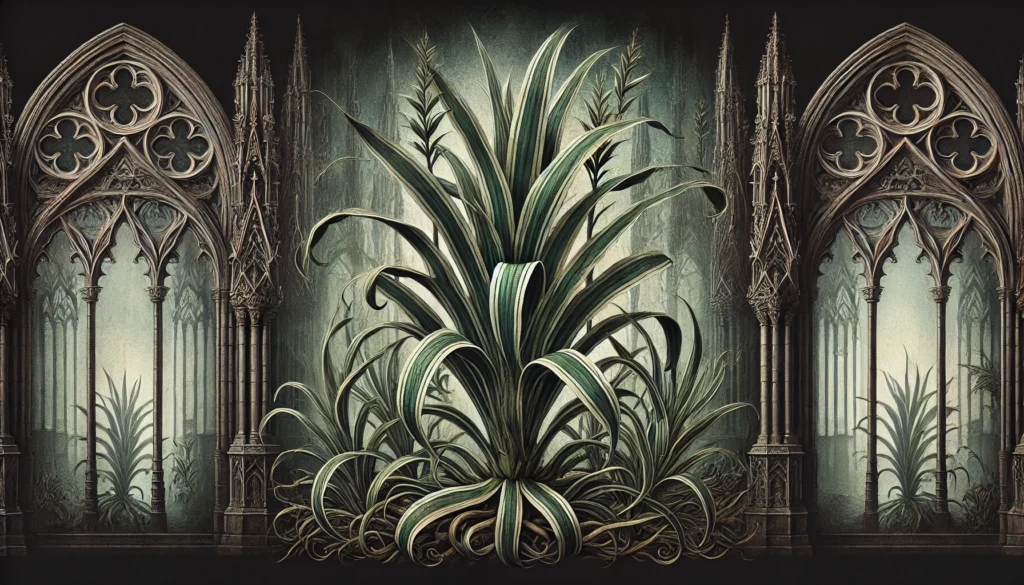

Home » Cat Plants » Can the Warneckei Dracaena Plant be Harmful to Cats?

Warneckei Dracaena, also known as Dracaena deremensis “Warneckii” or striped dracaena, is indeed toxic to cats. While cats are not specifically allergic to this plant, it is poisonous if ingested.
The toxicity stems from saponins present in the plant, which can cause various adverse effects in cats. Warneckei Dracaena is commonly found as an indoor houseplant due to its attractive appearance and low maintenance requirements.
Ingestion may cause mild gastrointestinal upset, but is generally not life-threatening.
Ingestion can result in mild symptoms like vomiting, diarrhea, or drooling. Rarely fatal but may require veterinary care.
Eating these plants can lead to more pronounced symptoms like abdominal pain, lethargy, or difficulty breathing. Veterinary intervention may be necessary.
Ingesting even small amounts can cause severe symptoms like organ damage, seizures, or cardiac failure without rapid treatment.
All parts of these plants are extremely poisonous to cats and can quickly lead to death, even with immediate veterinary care.
** Please note: Please note that toxicity level can vary based on the amount ingested and the specific cat. It's always best to keep these plants completely inaccessible to cats and seek immediate veterinary care or call the poison hotline if you suspect your cat has ingested any part of a toxic plant.
If a cat ingests Warneckei Dracaena, it may experience various symptoms of toxicity. It’s crucial for cat owners to be aware of these signs to seek prompt veterinary care if necessary.Common symptoms include:
If you suspect your cat has ingested Warneckei Dracaena, a veterinarian will likely perform the following steps:
The vet may then proceed with appropriate treatment, which could include supportive care, fluid therapy, and medication to manage symptoms.

A: Yes, Warneckei Dracaena is toxic to cats. It contains saponins that can cause vomiting, drooling, and weakness when ingested by cats.
A: If a cat eats Warneckei Dracaena, it may experience symptoms like vomiting, excessive drooling, and lethargy. Immediate veterinary care is recommended to prevent further complications.
A: Yes, all parts of the Warneckei Dracaena plant, including leaves and stems, are toxic to cats. Ingesting any part of the plant can result in toxic reactions.
A: Even small amounts of Warneckei Dracaena can be harmful to cats. Ingesting any part of the plant may cause poisoning symptoms, so it’s best to keep it out of reach.
A: Warneckei Dracaena poisoning is usually not fatal but can cause serious health problems in cats. Prompt veterinary attention can prevent more severe issues.
A: If your cat ingests Warneckei Dracaena, contact your veterinarian immediately. Early intervention is crucial to reduce the toxic effects and protect your cat’s health.
Warneckei Dracaena originates from tropical Africa, specifically the regions of Tanzania and Zambia. It belongs to the Asparagaceae family and has been cultivated as an ornamental plant since the mid-20th century.
The plant gained popularity in the 1970s as an easy-to-care-for houseplant. Its name “Warneckii” comes from the botanist who first described it. Known for its air-purifying qualities, it has become a common fixture in homes and offices worldwide.
Please note: The information shared in this post is for informational purposes only and should not be considered as veterinary medical advice.
🐾 A hilarious or heart-melting cat video
🐾 Our latest paws-on review of a cool cat toy